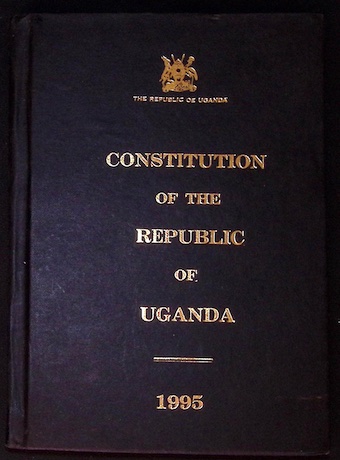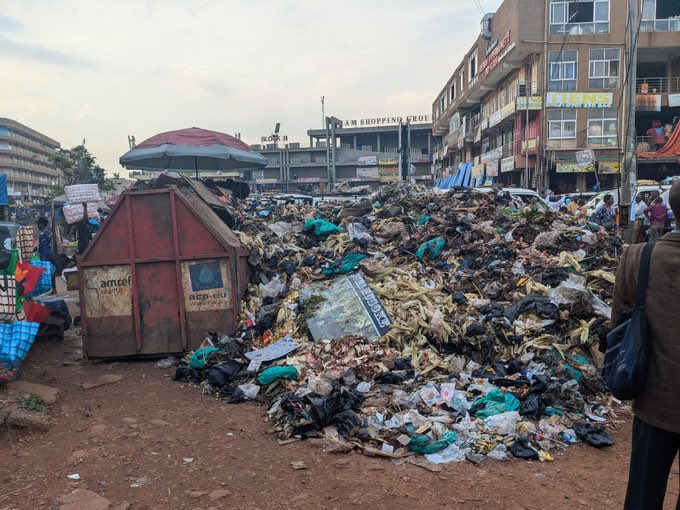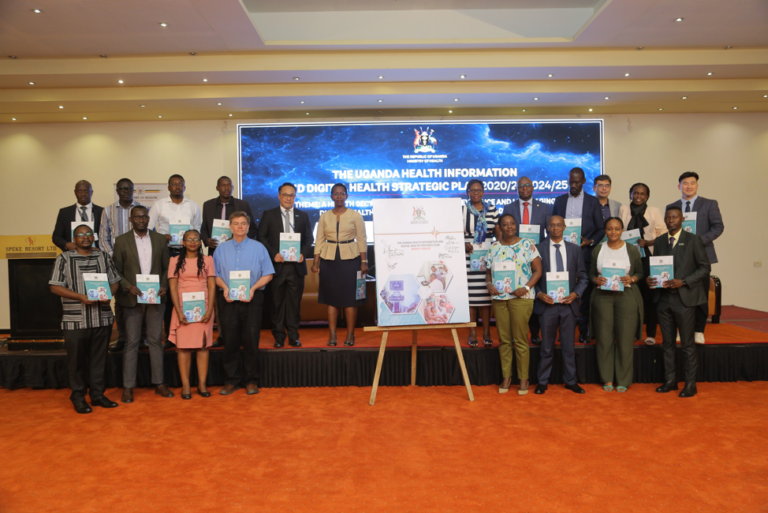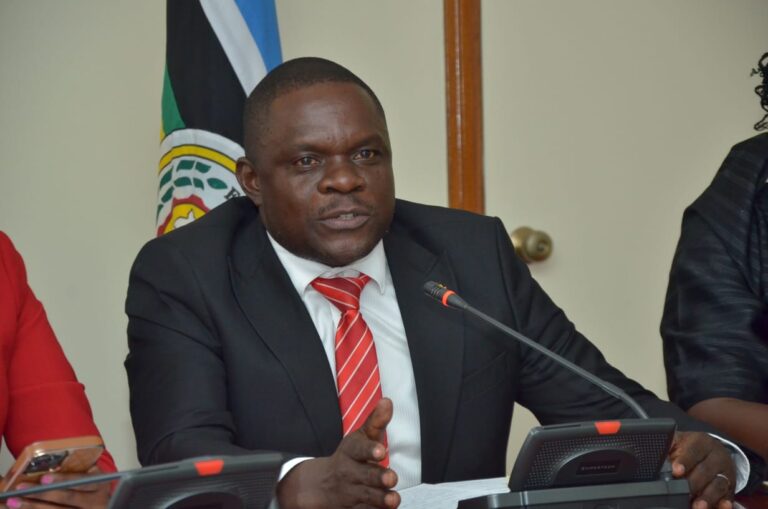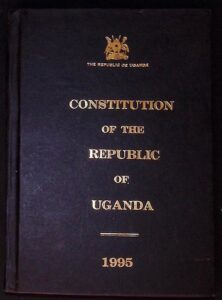Kampala, Uganda’s capital city, is facing a mounting garbage crisis, with city authorities estimating that 108 billion Ugandan shillings are needed to effectively manage and resolve the growing waste problem. The Kampala Capital City Authority (KCCA) has acknowledged that the current waste collection systems are overwhelmed, leading to littered streets, clogged drainage systems, and increased public health risks.
One of the primary challenges contributing to the crisis is inadequate waste sorting and recycling practices among residents. The majority of the city’s waste ends up in landfill sites, which are rapidly filling up and causing environmental concerns such as soil and water contamination. Efforts to encourage recycling and waste separation at the household level have seen limited success due to a lack of public awareness and inadequate incentives for participation.
City authorities have called on the central government and international development partners to provide funding and technical support to tackle the crisis effectively. In the meantime, residents are urged to adopt better waste disposal practices and support initiatives aimed at keeping Kampala clean and sustainable.




